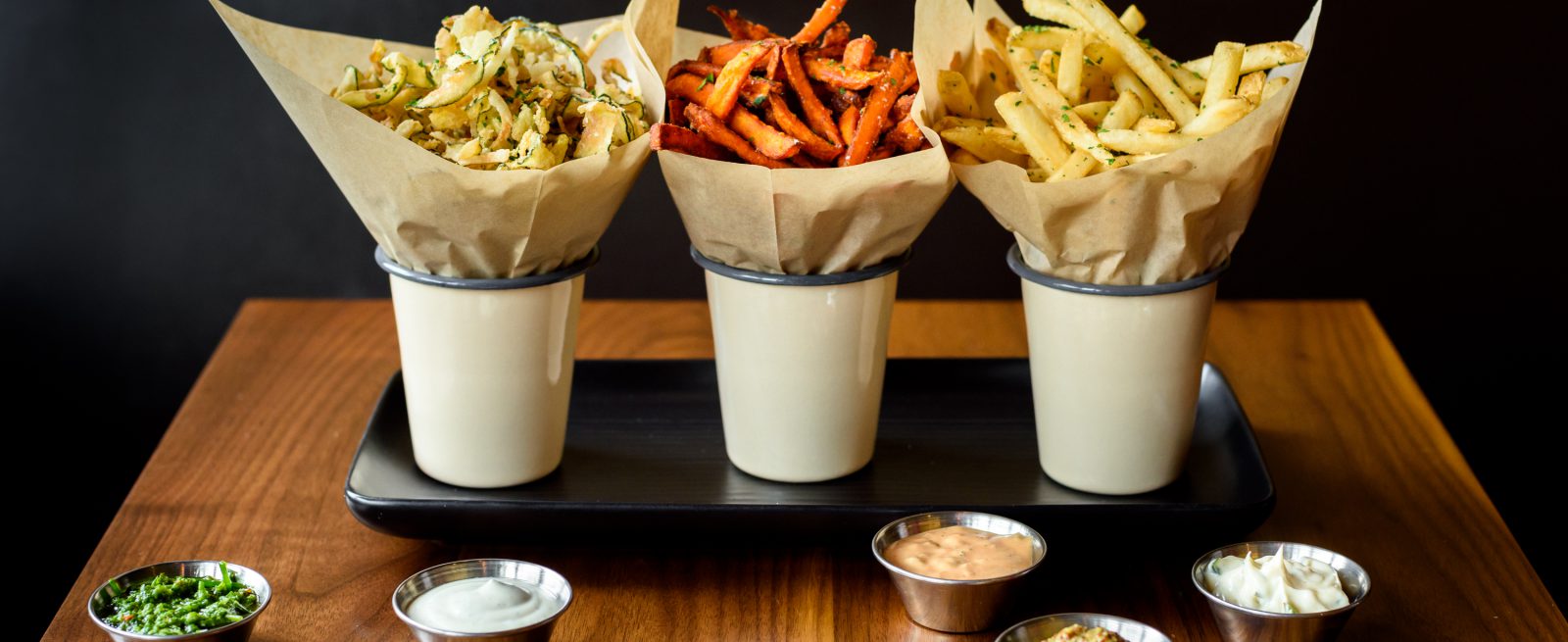Wine Country Recovery Update and New Food Hall in Fort Worth
6 Min Read By MRM Staff
MRM’s Daily Bite features a strategic hospitality partnership and the expansion of an artisanal burger brand. Send news items to Barbara Castiglia at bcastiglia@modernrestaurantmanagement.com.
Wine Country Recovery Update
The Wine Institute updated the current situation regarding the recovery from fires in Northern California wine regions.
STATUS:
- Significant progress has been made in bringing the fires under control with full containment expected soon. Favorable weather conditions will continue, according to forecasts.
- With most of the harvest picked prior to the fires and evacuations lifted, winery and vineyard owners are bringing in the remaining grapes while ensuring employee safety and assessing quality.
- Most winery tasting rooms have reopened for business. People planning to visit should not cancel their trips.
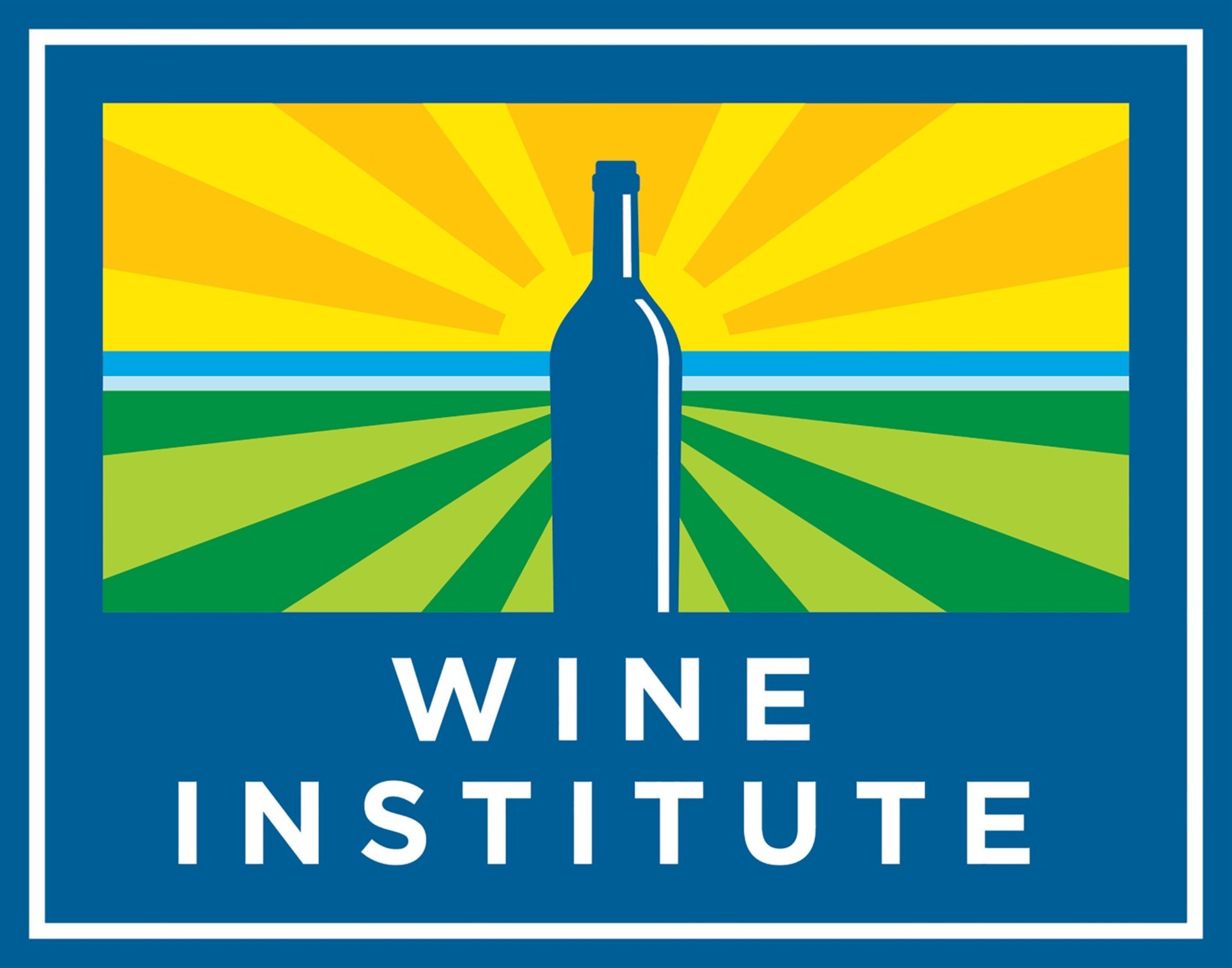
WINERIES/VINEYARDS:
- Of the approximately 1,200 wineries in Mendocino, Napa and Sonoma counties, the regions most impacted, it is reported that fewer than ten have been destroyed or heavily damaged. Some vintners and growers are just returning to their properties, so more information will be forthcoming.
- It’s been reported that, except in areas where the speed and intensity of fires was the greatest, vineyards did not burn due to their high moisture content and helped to save structures near or surrounded by vineyards. In previous fire incidents, vineyards have acted as firebreaks.
- Mendocino, Napa and Sonoma, represent about 12 percent of overall California winegrape production combined. California accounts for 85 percent of U.S. wine production and is the fourth leading wine producer in the world.
HARVEST:
- Due to heat in late August and early September the majority (90 percent reported in Napa Valley and Sonoma County, 75% in Mendocino County) of the 2017 harvest was completed prior to the start of the fires. Remaining on the vines are primarily late-ripening red grapes, mostly thick-skinned Cabernet Sauvignon.
- Smoke or heat from the fires did not impact fermenting wine or wine that had already been bottled. Wine inventories from previous vintages were generally unharmed.
- The 2017 growing season presented vintners in Mendocino, Napa and Sonoma with grapes of outstanding quality. They are optimistic about the 2017 vintage and expect it to be excellent.
ECONOMIC IMPACT:
- It is too early to reliably estimate the economic impact on the affected regions. Fires destroyed or damaged a reported 6,000 structures – mainly homes, and many belonged to people who work in the California wine industry. Major loss and damage to wineries and vineyards, however, was not widespread.
- Some wineries and vineyards in these regions continued to operate despite the challenging conditions and many more are now open for business. These wine communities will emerge stronger and more connected than ever.
HOW TO HELP:
- In addition to buying wines and visiting wineries, those interested in contributing to community relief and rebuilding efforts can click here for ways to help.
CHART and IFBTA Form Strategic Partnership
The Council of Hotel and Restaurant Trainers (CHART) has partnered with The International Food and Beverage Technology Association (IFBTA), a nonprofit trade association that promotes the use of technology within the global food and beverage industries with a specific focus on education, certification, standards, research and networking.
“Technology moves so fast,” said CHART President Michele Lange, Director of Training and Development for The Habit Burger Grill. “This partnership will help our members stay on top of trends in learning technologies and be better business partners with the information technology professionals in their organizations.”
“The IFBTA is thrilled to be working alongside of CHART to bring value to both our members. The clear technological overlap and opportunities brought about by this alliance in all areas of hospitality training makes this a very strategic area for hospitality operations and those that support the IT, HR and very specifically the Training areas,” said Rob Grimes, CEO of the IFBTA. “Technology advances in learning management applications and their integrations into areas of operations and the technologies that support them is a key discussion and learning opportunity at the Chapter and Global levels afforded through this alliance.”
With more than 500 members from more than 300 multi-unit restaurant and hotel companies, CHART represents a workforce of almost three million. CHART includes all facets of hospitality training, learning, and performance professionals; from entry level to senior executive. CHART’s mission is to develop hospitality training professionals to improve performance through access to networks, education, and resources.
RFG Looking to Expand in China and the U.K.
Global food and beverage company, Retail Food Group Limited announced expansion plans for some of the group’s most successful and well-known brand systems are brewing strong in the United Kingdom and Greater China.
RFG is Australia’s largest multi-brand retail food franchise owner, developer and manager, with a network of more than 2,500 outlets across 12 Brand Systems and 81 territories. RFG owns the Donut King, Brumby’s Bakery, Michel’s Patisserie, bb’s Café, Esquires, Gloria Jean’s Coffees, It’s A Grind, The Coffee Guy, Café2U, Pizza Capers Gourmet Kitchen and Crust Gourmet Pizza Bar franchise systems.
RFG’s international expansion model is based on recruiting Master Franchise Partners who purchase a license to develop a certain Brand System in a defined territory, and provides the Company and local partners with the opportunity to forge sustainable alliances.
“Our franchise partners enjoy the benefits of working with Australia’s largest multi-food franchisor every day, dealing with our expert management teams, enjoying supply benefits from increased scale and gaining access to best-in-class initiatives,” RFG Chief Executive – International, Mike Gilbert, said.
A key strategy that is driving the group’s global growth is its hub network, which provides a platform for fast tracking coffee and Brand System expansion in international markets, whilst also more efficiently servicing the Company’s existing markets.
RFG recently announced a Middle East Hub which, once established in 2018, will allow the Company to grow a substantial commercial coffee enterprise throughout the MENA region, whilst enabling the Group to more efficiently service and grow Brand System franchise networks in the Gulf.
“We currently have hubs in Australia, New Zealand and the USA, and plans for the Middle East underway, and will be looking to replicate them in Asia and Europe,” added Gilbert.
Roam Artisan Burgers Expands
Roam Artisan Burgers, a collection of fine casual dining destinations, plans two new locations in California: downtown San Mateo and uptown Oakland. The downtown San Mateo restaurant at 246 South B Street will open in November 2017, while the other location, at 1951 Telegraph Avenue in Oakland, is slated to open by the end of the year. The new restaurants join two other locations in San Francisco and one in Lafayette, CA.
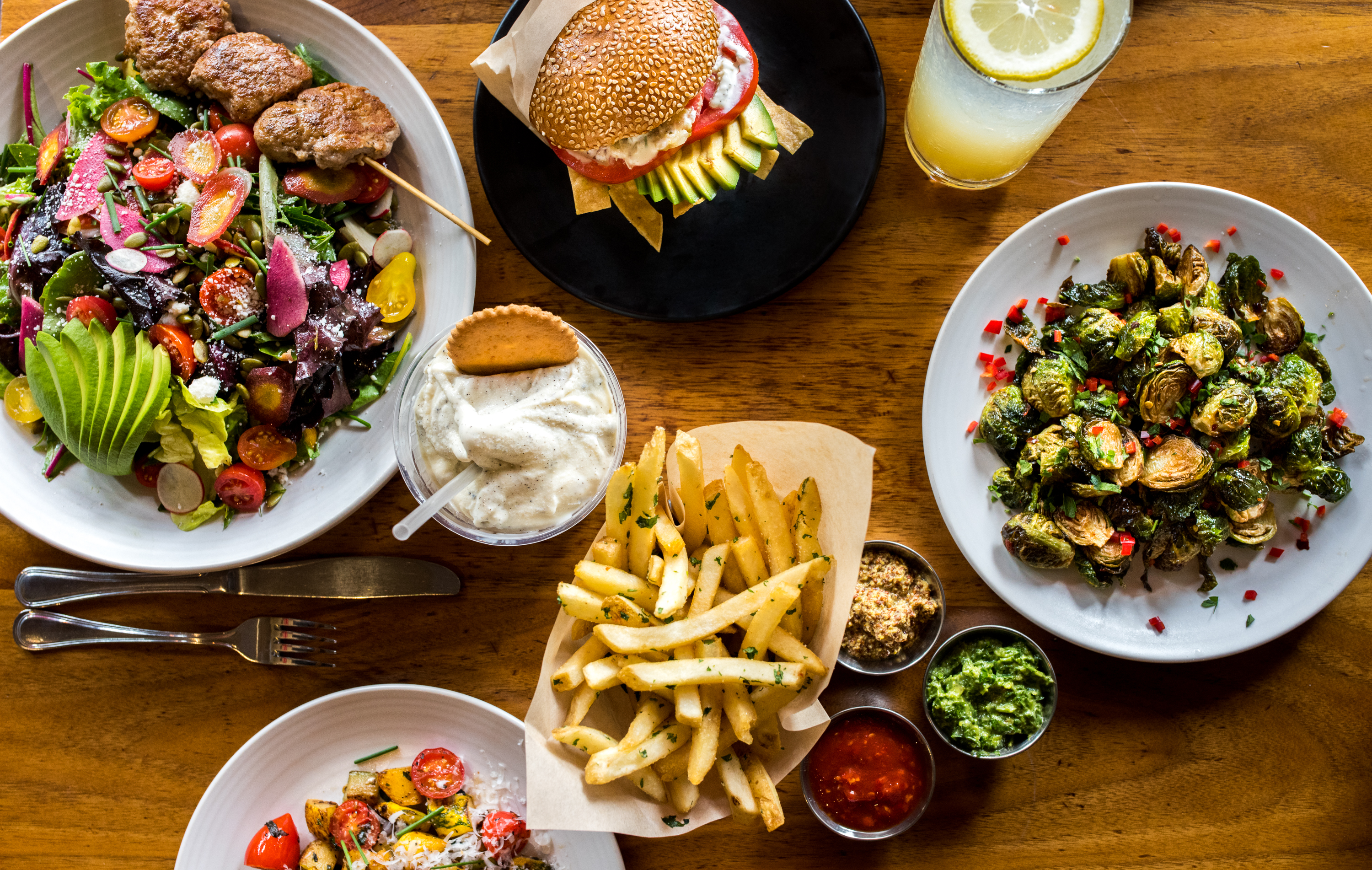
Roam was founded in 2010 by Joshua Spiegelman and Lynn Gorfinkle with the mission to create Roam to enhance people’s lives through better eating.
“We are excited to expand our footprint in the San Francisco Bay Area,” said Spiegelman. “For more than seven years, Roam has provided a casual, fun place where guests can enjoy a quick, affordable meal, solo or with family and friends, and we look forward to continuing that tradition at our new locations.”
“In addition to offering a great dining experience to our guests, we remain committed to our focus on health, nutrition and sustainability,” added Gorfinkle. “Each new Roam represents an opportunity to share our message about the importance of healthy eating and our ‘pasture to plate’ philosophy.”
Roam is committed to utilizing sustainable meats and produce, as well as other high-quality ingredients in its menu. Guests can choose a burger from an all-star lineup of premium proteins, including pasture-raised, 100 percent grass-fed beef, free-range turkey, all-natural bison or a house-made organic veggie burger made with quinoa, black beans and beets. Customers may also opt for a lettuce wrap, whole grain bun, gluten free bun, or to top one of Roam’s Farmer’s Market Salads or seasonal veggie options with a trio of patties of their choice.
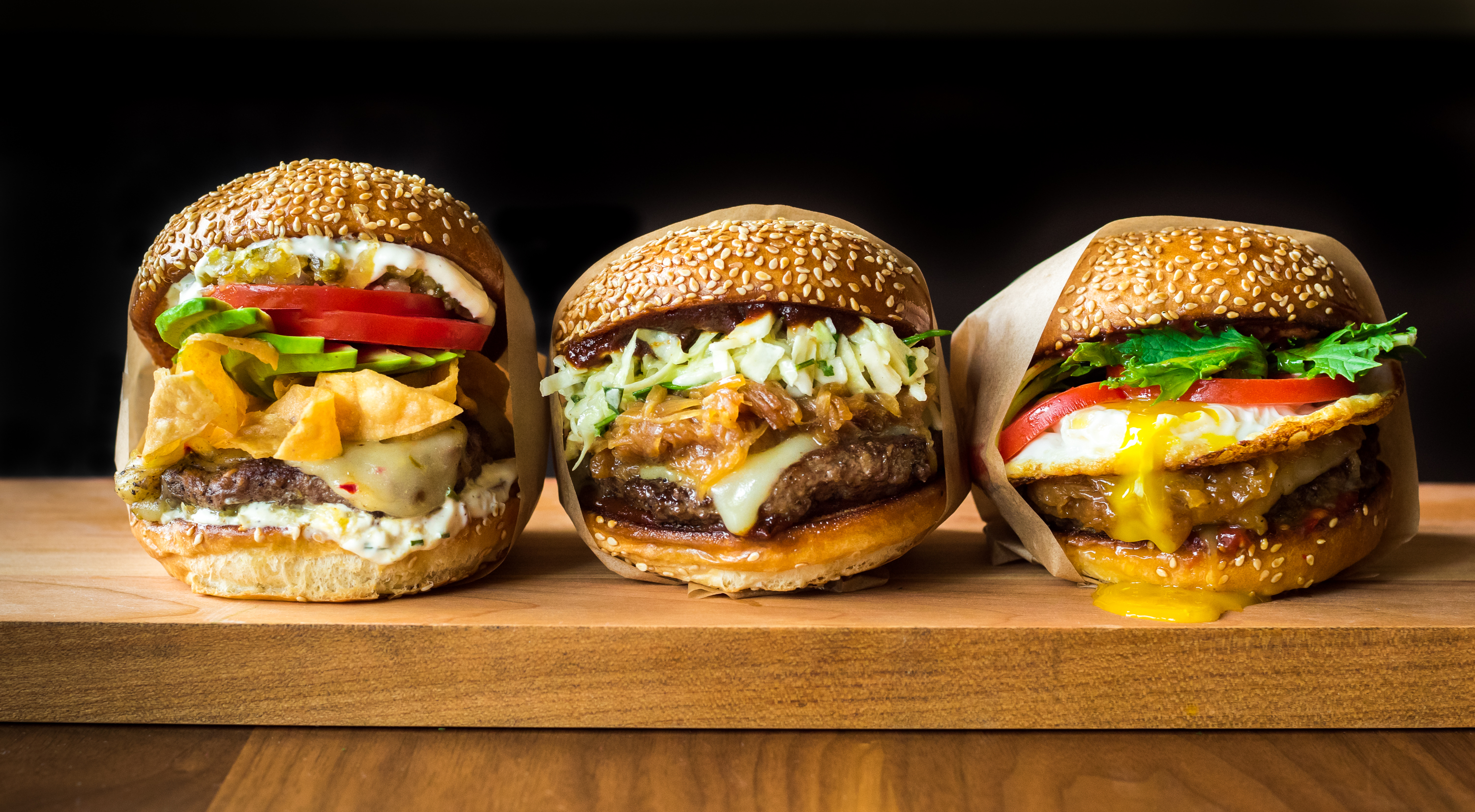
Conscious of the environment, the Roam team consulted with PG&E’s Food Service Technology Center (FSTC) on kitchen build outs at each of its restaurants, including the two new locations. Committed to promoting energy efficiency in commercial kitchens, the FSTC advised Roam on purchasing thermo-energy efficient appliances. The restaurants are built with power-conscious LED lighting, environmentally-sound fixtures and equipment and reclaimed wood. Roam is focused on composting, and recycling, including ingredient-related reuse which allows the restaurant’s fry oil to be transformed into bio-fuel.
Designing Roam’s interiors has been a collaborative effort between the Roam team and Arcanum Architecture, a San Francisco-based architecture and design firm. Each space, which incorporates outdoor elements, was built to create a rustic, natural farmhouse vibe that reflects the values of the company’s partners and purveyors. A cedar communal table that seats 18 people anchors the dining room, which features a mix of stainless steel, red accent stools and banquette seating. Reflecting the philosophy that artisanal food producers are the life force of the ingredient-driven menu, Roam has also featured chandeliers fashioned from Straus Family Creamery milk bottles.
Crockett Street Food Hall to Open in Fort Worth
Crockett Street Food Hall will open in the first half of 2018 at Crockett Row at West 7th on the northwest corner of Crockett Street and Norwood Street. The first of its kind in Fort Worth, the 16,000-square-foot food hall will feature a wide variety of cuisines, including anchor tenant Knife Burger by John Tesar.
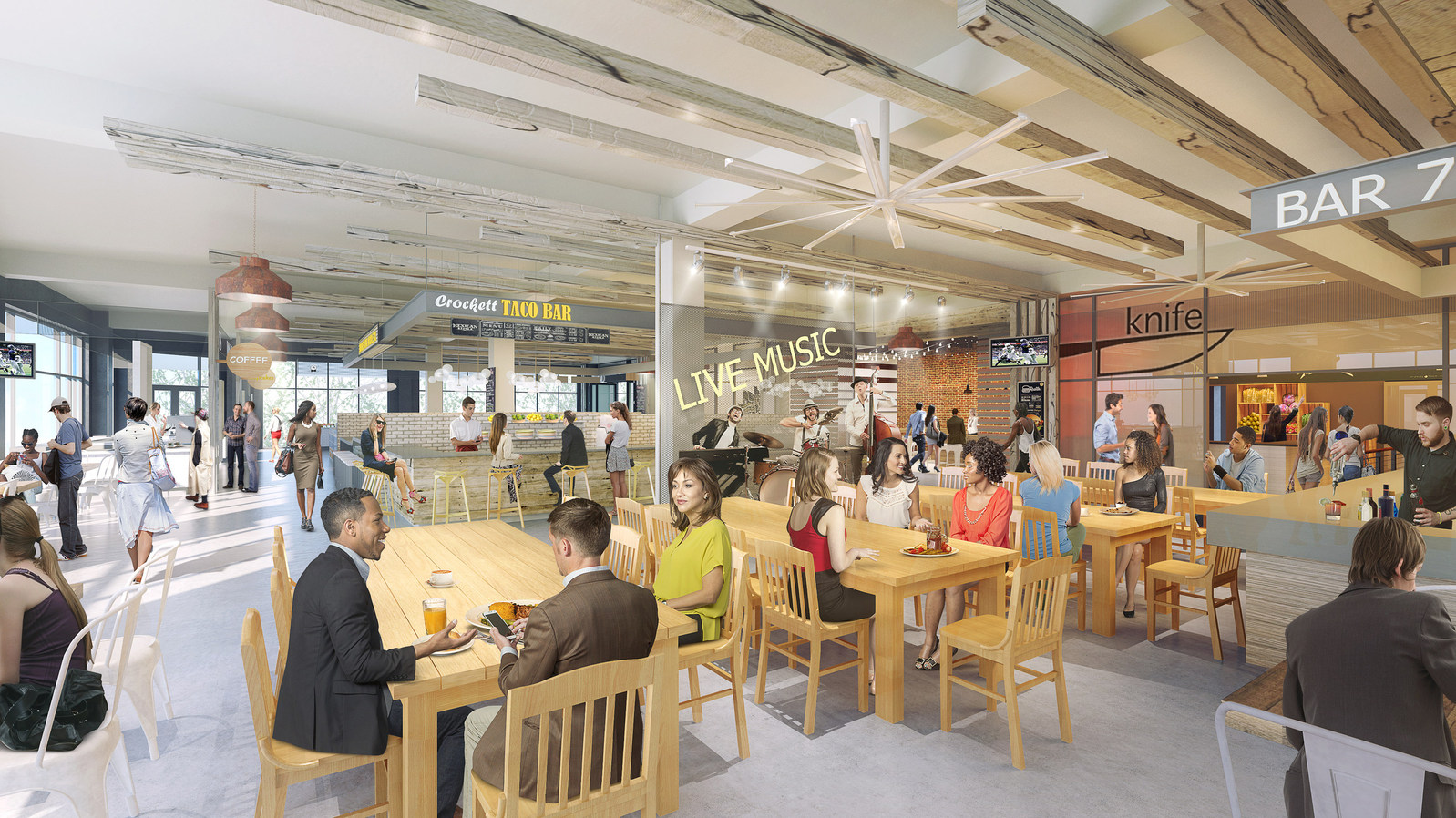
Crockett Street Food Hall will house fast-casual food vendors in mini restaurant spaces that range from 100 to 1,000 square feet. A collection of 14 local eateries will include everything from barbecue, burgers, Mexican, sandwiches, coffee, pastries, doughnuts and more.
Inspired by Tesar’s work at The Commissary and Knife in Dallas, Knife Burger will offer a focused menu of four to five burgers daily and have a full bar. The 1,100 square-foot space will feature counter seating within and open up into the food hall’s larger seating area.
“I’m really excited to open my newest concept at Crockett Row in Fort Worth,” said Tesar. “The atmosphere and energy of the new food hall makes it the perfect location to open a fun and social place like Knife Burger.”
The food hall will be open and airy with a modern, industrial feel and polished concrete floors that lead diners to fluid indoor-outdoor spaces. It will feature a full bar and seating for 115 in a centrally located area. There will be seating for approximately 70 outside on the patios and in the covered paseo between buildings. Crockett Street Food Hall will be open for breakfast, lunch and dinner and have live music in the evenings.
Additional details and an opening date will be announced in the coming months.

